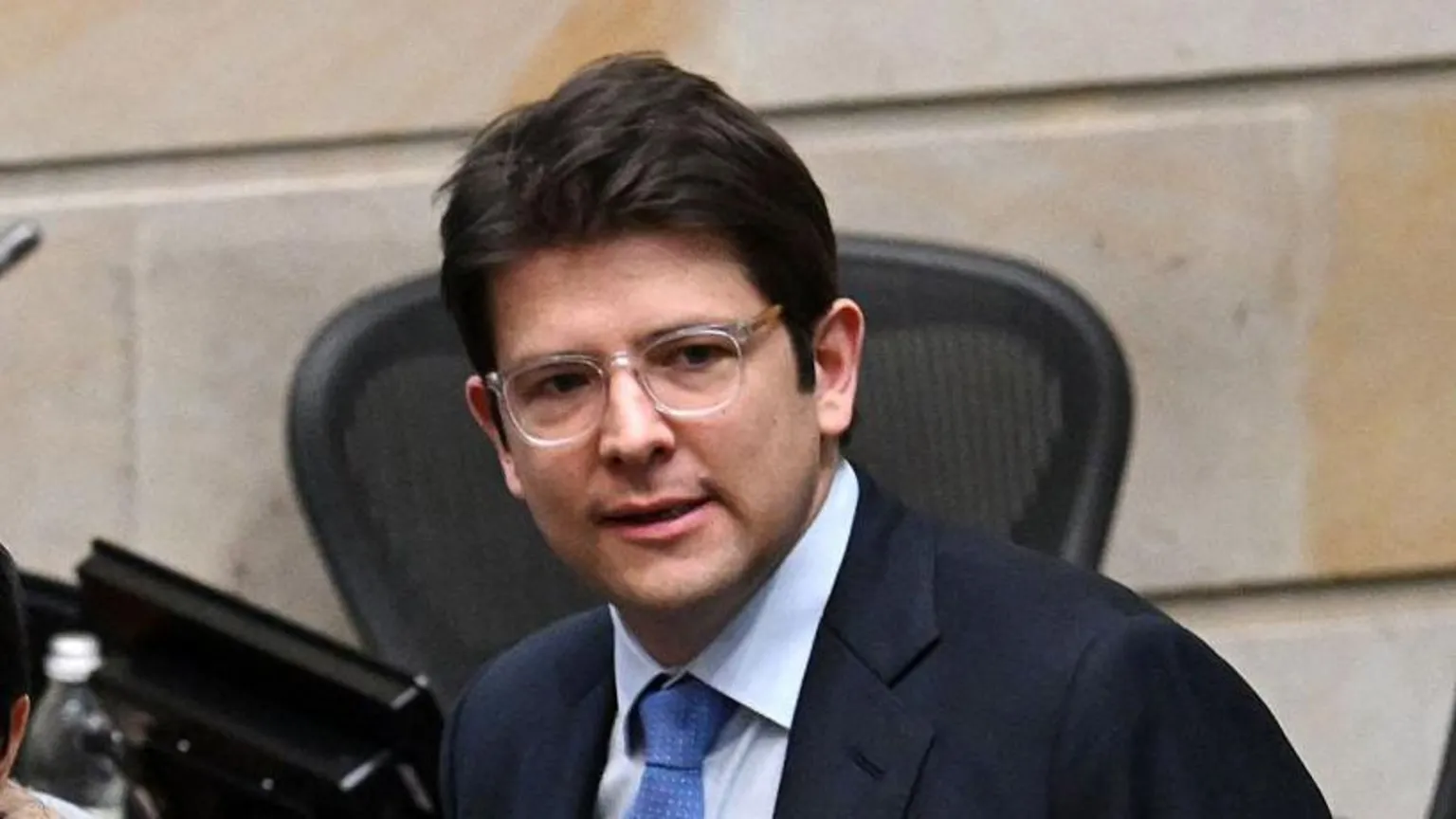
In our May analysis, The Silent Epidemic: America’s Growing Anxiety Crisis, we explored how uncertainty and despair—born of economic insecurity, social isolation, and widening inequality—have fueled a striking surge in anxiety across the United States. Yet this mental-health crisis is not confined by borders. Across the globe, societies wrestling with depression, poverty, and disillusionment are confronting a rising tide of emotional fragility. Nowhere is this more starkly illustrated than in Colombia: on Saturday, June 7, 2025, 39‑year‑old Senator and leading presidential hopeful Miguel Uribe Turbay was shot three times—twice in the head—mere seconds after declaring that the leading crisis facing his country was mental health. That chilling juxtaposition—highlighting emotional frailty at national scale and literal gunshot trauma—is not lost on observers.
Revisiting “America’s Growing Anxiety Crisis”
In May, we documented how the interplay of economic precarity, political polarization, and a pandemic-era erosion of social supports had pushed anxiety levels to unprecedented heights in the United States. Drawing on economic data and mental-health metrics, we argued that emotional despair was undermining social cohesion and trust in democratic institutions.
However, these stressors are global. The financial fallout of COVID‑19, coupled with rising cost-of-living, climate shocks, and geopolitical instability, has precipitated a mental-health spiral in nations across the economic spectrum. Poor and middle-income countries—especially—face compounding challenges: mental-health systems remain under-resourced, and stigma further suppresses acknowledgment of emotional distress.
The Colombian Incident: A Painful Juxtaposition
On June 7, 2025, Miguel Uribe Turbay, a senator with presidential ambitions, was addressing supporters in Bogotá’s Fontibón district when a 15-year-old assailant opened fire. He was shot twice in the head and once in the knee; two others were also injured. Experts labeled it a rare assassination attempt by an underage gunman, raising immediate concern about political violence echoing Colombia’s darker past.
Critics and analysts called it an attack not just on Uribe Turbay, but on democratic discourse itself. U.S. Secretary of State Marco Rubio denounced it as “a direct threat to democracy,” while President Gustavo Petro canceled a planned trip to France and ordered an emergency investigation.
The attack was especially jarring because Uribe Turbay had just spoken of mental health as a critical national crisis. The irony—a mental-health advocate shot moments later—has since sparked intense reflection in Colombia and abroad.
Mental Health as a Global Health Policy Priority
The scale of the burden
According to the WHO, at any time nearly 1 in 8 people globally live with a mental disorder—primarily anxiety or depression—with numbers spiking during the COVID‑19 years. The Global Burden of Disease 2019 report showed mental disorders’ global disability-adjusted life years (DALYs) increased from 80.8 million (1990) to 125.3 million—an alarming rise with serious societal consequences.
Economic costs
Depression and anxiety are estimated to cost the global economy roughly $1 trillion in lost productivity each year. The sustained pressure on mental-health systems, especially in low- and middle-income countries, leaves vast treatment gaps—an estimated 76–85 % of depressed individuals receive no care in developing nations.
Security Implications: From Individuals to Nations
Individual fragility as a security risk
Left unaddressed, mental-health conditions—particularly among youth—can distort risk perception, erode impulse control, and increase propensity for violence. Loners with untreated depression or psychosis can become lone actors, while marginalized or traumatized individuals become vulnerable to radical ideologies or extremist recruitment.
Political violence’s emotional roots
Across the globe, emotionally driven political violence is rising—from mass shootings in Western nations to politically charged assassinations in developing contexts. Uribe Turbay’s near-fatal experience exemplifies how personal despair can intersect with public action at the most destructive level.

Colombia in Crisis Mode
Historical context
Colombia bears a traumatic legacy of political violence—from the 1989 killing of presidential candidate Luis Carlos Galán to Pablo Escobar’s narco-terrorism and the civil conflict involving FARC. Though peace accords have dented that legacy, political polarization has intensified under President Petro’s leftist tenure.
A new flashpoint
Uribe Turbay is connected by lineage to past violence—his mother, journalist Diana Turbay, was kidnapped by Pablo Escobar’s cartel and killed in 1991. That family history haunts today’s attempt: yesterday’s political killing seems to be echoing into the present, with a page from Colombia’s violent past jolting expectations of democratic progress.
Global Parallels: Mental-Health Stress Breeds Instability
Latin America
Mental-health crises are also contributing to violence in places like Chile and Brazil, where economic inequality and social unrest have triggered unrest and aggression.
Europe
In parts of Europe, rising anxiety and depression among youth—already spiked by the pandemic—have fed populist backlash, scapegoating, and political violence.
U.S. and beyond
In the U.S., mass shootings continue at alarming rates, with untreated mental-health conditions often cited—though poverty, isolation, and easy gun access also play roles. Globally, under-covered mental-health care for youth and veterans is contributing to domestic unrest and weakened social cohesion.
Pathways to Policy Solutions
Health-sector reform
Countries must integrate mental-health services into primary care, reduce treatment disparities, and scale telehealth. Community-level early-intervention and school-based mental-health programs are essential.
Economic and social safety nets
Mental resilience improves with economic security. Policies ensuring job access, financial support, housing stability, and educational opportunity create buffers against despair.
Cross-sector collaboration
Mental-health policy must go hand-in-hand with education, labor, and social services. But crucially, security ministries and policing systems also need to recognize mental fragility as a precursor to radical or violent behavior—especially among youth.
Democracy and dialogue
Free speech alone cannot safeguard democracy; emotional inclusivity is equally vital. Political discourse must avoid inflammatory language that targets vulnerable individuals or amplifies stigma. Media and politicians should foster communal empathy and inclusive narratives.
Conclusion: Mental Wellness—A Right and a Security Imperative
Miguel Uribe Turbay’s shooting—the culmination of family trauma, violent politics, and acute mental-health advocacy—is both tragic and instructive. It underscores an undeniable truth: emotional despair, if ignored, can metastasize into political bloodshed.
Mental health is not a private matter; it is a global health right and a foundational pillar of national security. To protect democratic institutions and human lives, governments and global health agencies must build stronger emotional infrastructures alongside hospitals, economies, and legal systems.
The world is now facing not just a mental-health crisis, but a crisis of mental-health as a civilizational defense. The US’s struggle with anxiety—and Colombia’s plunge into renewed political violence—reveal the import of this truth. Widespread emotional despair is also a strategic vulnerability. Strengthening mental wellness is therefore not an optional health initiative; it is essential security architecture.
Global Calls to Action
- WHO and international funders must rapidly increase investments in global mental-health programs—especially for vulnerable populations.
- Security planners should formally recognize mental-health as a risk factor in national threat assessments.
- Governments must design cross-departmental responses that fuse health, education, economic, and security strategies.
- Media and civil society should dismantle mental-health stigma while offering emotional support as the norm.
- Political leaders should ensure that democracy’s public square also includes emotional safety—otherwise, it remains a deadly battlefield.
For the Global Health Community: Elevated anxiety levels contribute directly to global mobility failures, pandemics, and communal unrest. Stand ready to support integrated health-security strategies in your policy circles; and for our National Security Apparatuses: National resilience is as much about emotional wellness as it is about cyber defenses or terrorism preparedness. Invest in mental-health metrics and funding as core parts of security budgets.
Unless we redefine mental wellness as strategic infrastructure, societies remain exposed to the next wave of emotionally fueled upheaval. The bullet that hit Miguel Uribe Turbay did more than wound a politician—it punctured a national guardrail between despair and democracy.
– Use Our Intel


